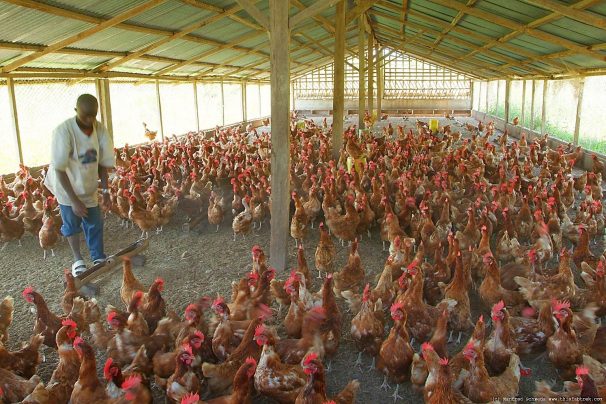Director-General, Poultry Association of Nigeria (PAN), Mr. Onallo Akpa has said that Nigeria lost over N10 billion to the outbreak of avian influenza in poultry farms located in 21 states across the country.
Akpa who disclosed this while speaking to reporters said each bird had the average economic value of N7, 000.
He said “We have about 1.7million laying birds that have been depopulated as a result of this outbreak. So to calculate the direct economic loss, if you take this figure and multiply it at the rate of N5, 000 which is the economic value of one laying bird, you will realise that Nigeria has lost over N10billion.
“This is the direct loss to the Nigerian economy. It does not include the job losses and other ancillary services that are linked to the business. So if the government is paying a compensation of N1.1billion, is that substantial enough?
“It might interest you to know that the Nigerian poultry industry alone needs two million metric tons of maize and almost one million metric tons of soya beans on an annual basis. Do you know the economic value of these crops to the Nigerian crop farmers?”
On federal government’s decision to suspend compensation to farmers who were affected by bird flu, he said “If government says there is no compensation, then the situation is going to be worsened. Because no matter how paltry the compensation is, farmers are encouraged to report suspicious diseases that they don’t know whenever it occurs.
“When you report and government officials come to the farm and find out that it is avian influenza, the whole farm will be taken over and depopulated. So, the chance of spreading the virus to another nearby farms is minimised.”

